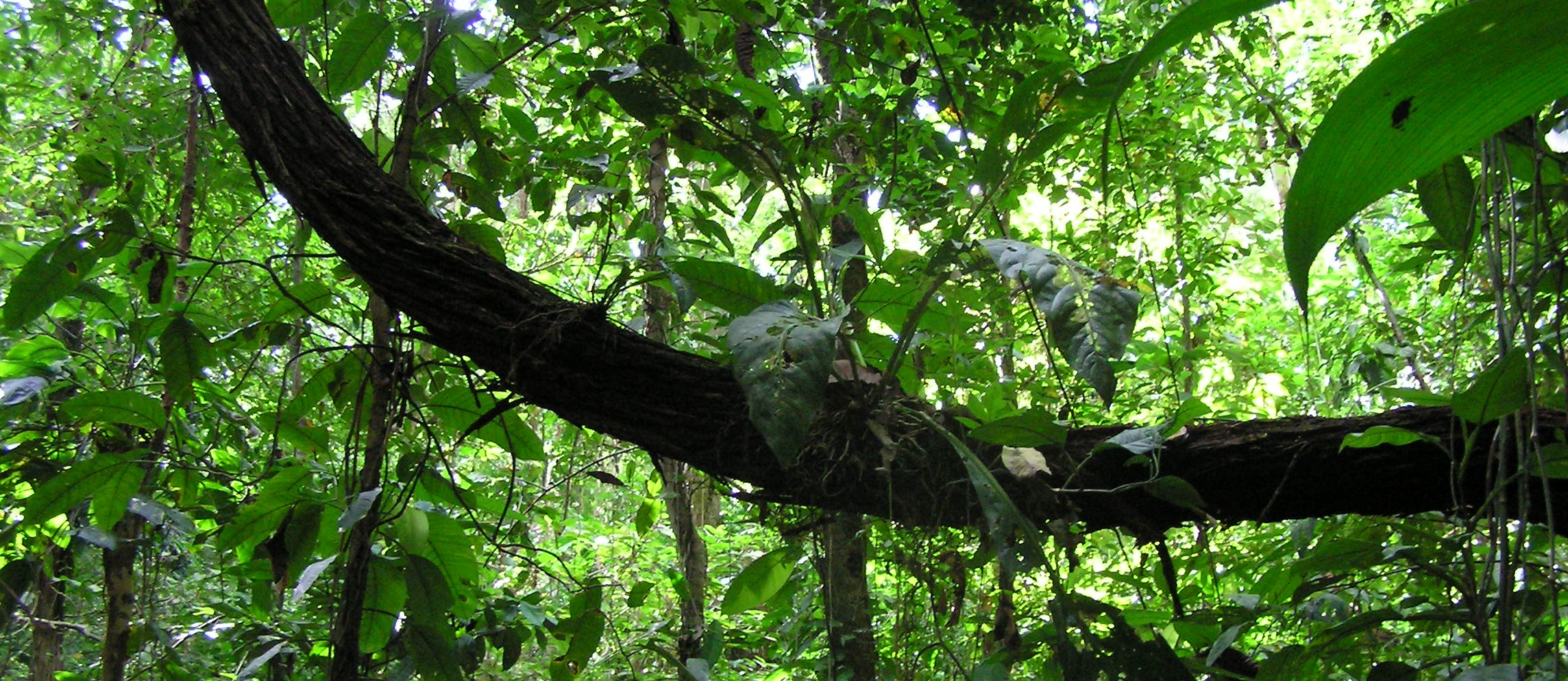Title
Effects of small rodents and large mammals on Neotropical seeds
Document Type
Article
Publication Date
2004
Volume Number
85
Source Publication
Ecology
Abstract
The direct and indirect effects of seed predation by a Neotropical community of small rodents and large mammals were examined in a 1.5-year exclosure experiment in Corcovado National Park, Costa Rica. This park has an intact terrestrial mammalian community, including small rodents and large mammalian seed predators, an essential condition to quantify the dynamics of seed predation. To measure seed predation, three exclosure treatments (1.2 m radius x 1.5 m tall) in two forest types (primary vs. secondary forest) were monitored: (1) fenced exclosures that excluded large mammals, (2) fenced exclosures that excluded both large and small mammals, and (3) open controls. Tethered seeds were added from nine common species of canopy trees and lianas (seven families), and seed removal was measured from February 2001 to July 2002. Small rodents had significant negative effects on four of the nine seed species tested, and the effects of small rodents on seed, predation differed significantly from the effects of large mammals and insect/fungal pathogens. Small-rodent seed predation (both rates and total proportion destroyed) did not differ between secondary and primary forest habitats. Throughout the exclosure study, small-rodent populations were marked and recaptured to document their community composition and densities. Small-rodent population fluctuations were observed, and shifts in composition directly affected species-specific and community-wide seed predation. Fewer seeds were destroyed when small-rodent abundance was low. Small-rodent population fluctuations also had an indirect effect, reversing the relative importance of small rodents and large mammals and resulting in large mammals becoming the primary seed predators. This change did not only decrease total seed predation for some species; it had the additional effect of moving from a primarily negative interaction (seed predation from the small rodents) to the varied interactions of seed predation and seed dispersal (scatter-hoarding). This research illustrated that small-rodent community fluctuations are a mechanism responsible for variability in the process of Neotropical seedling regeneration.
